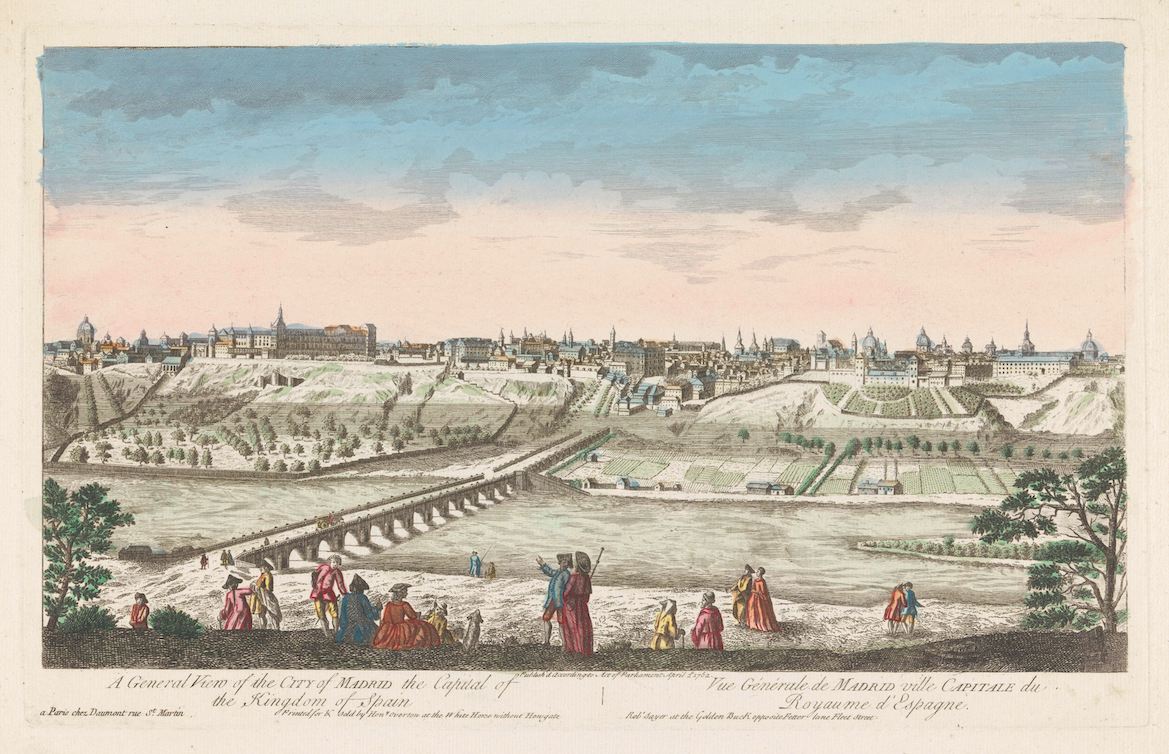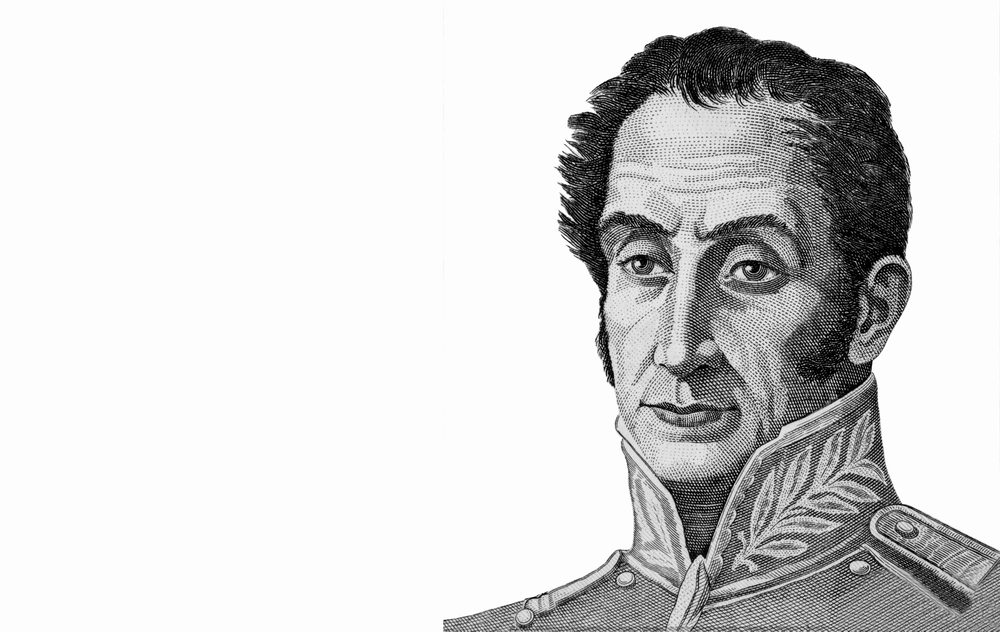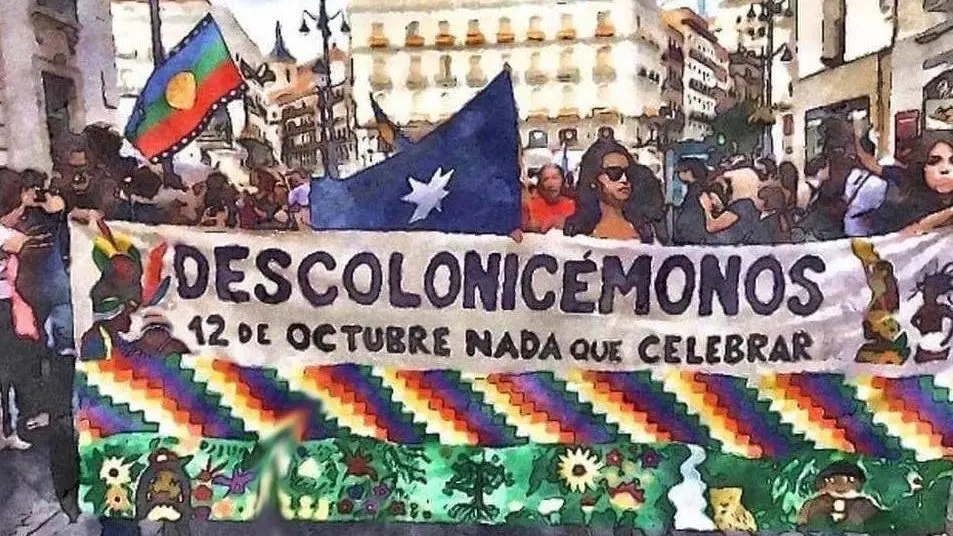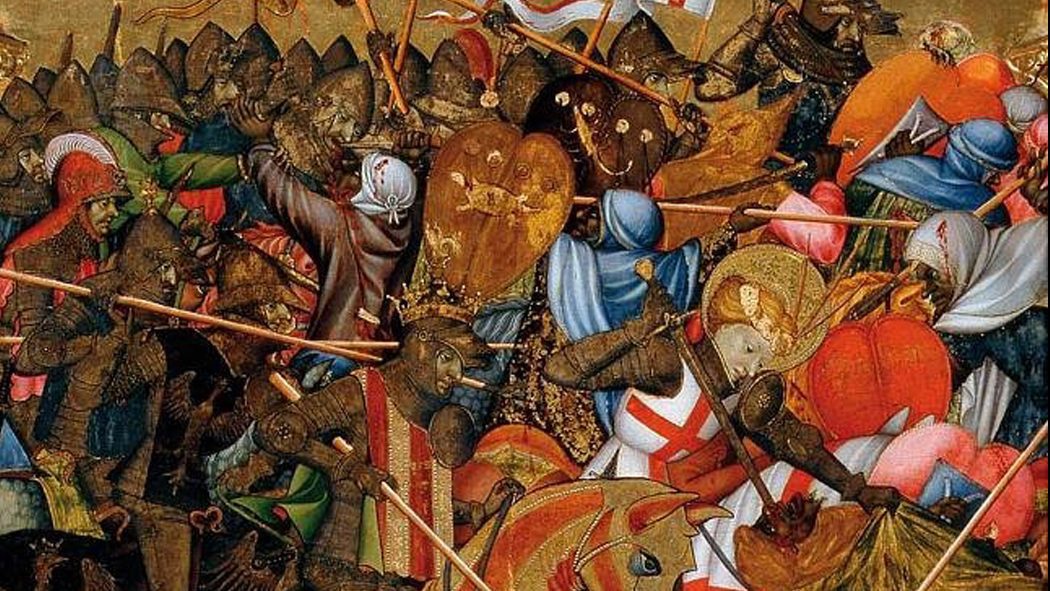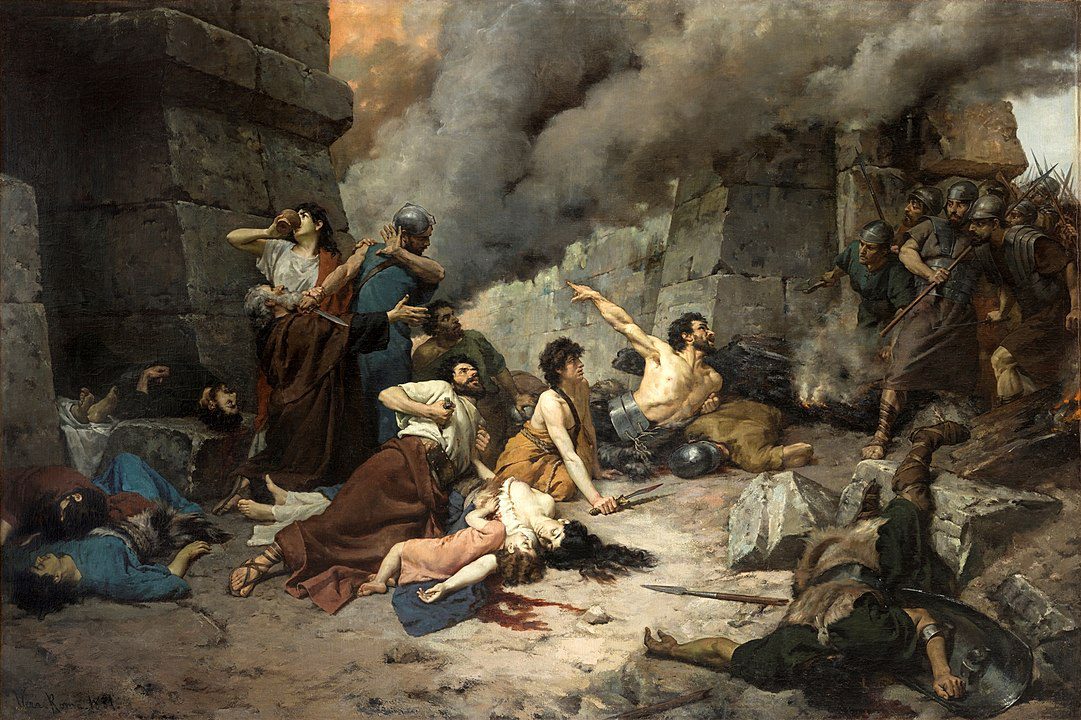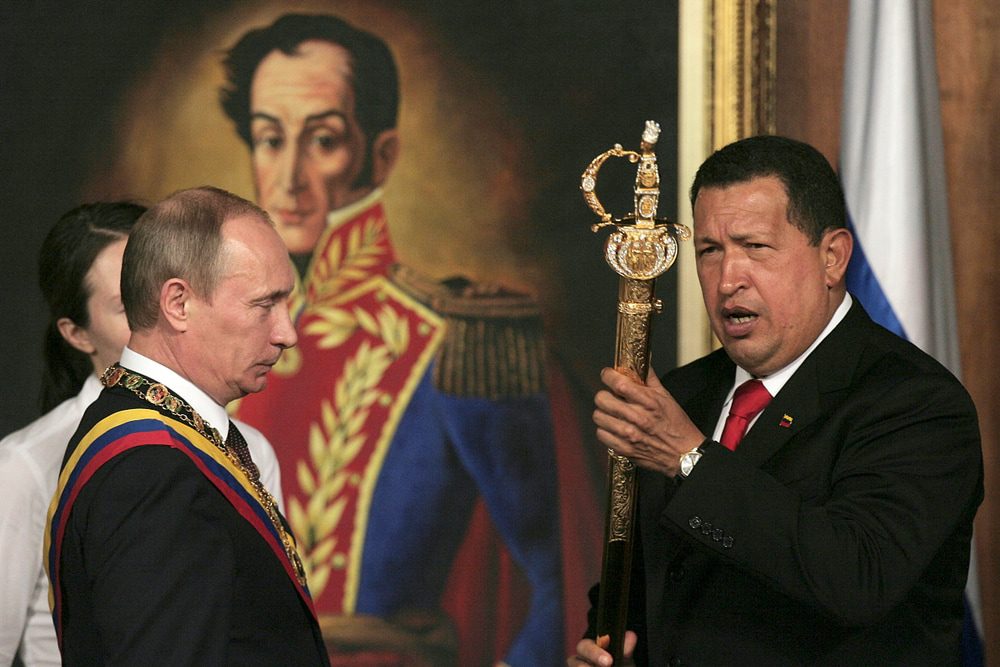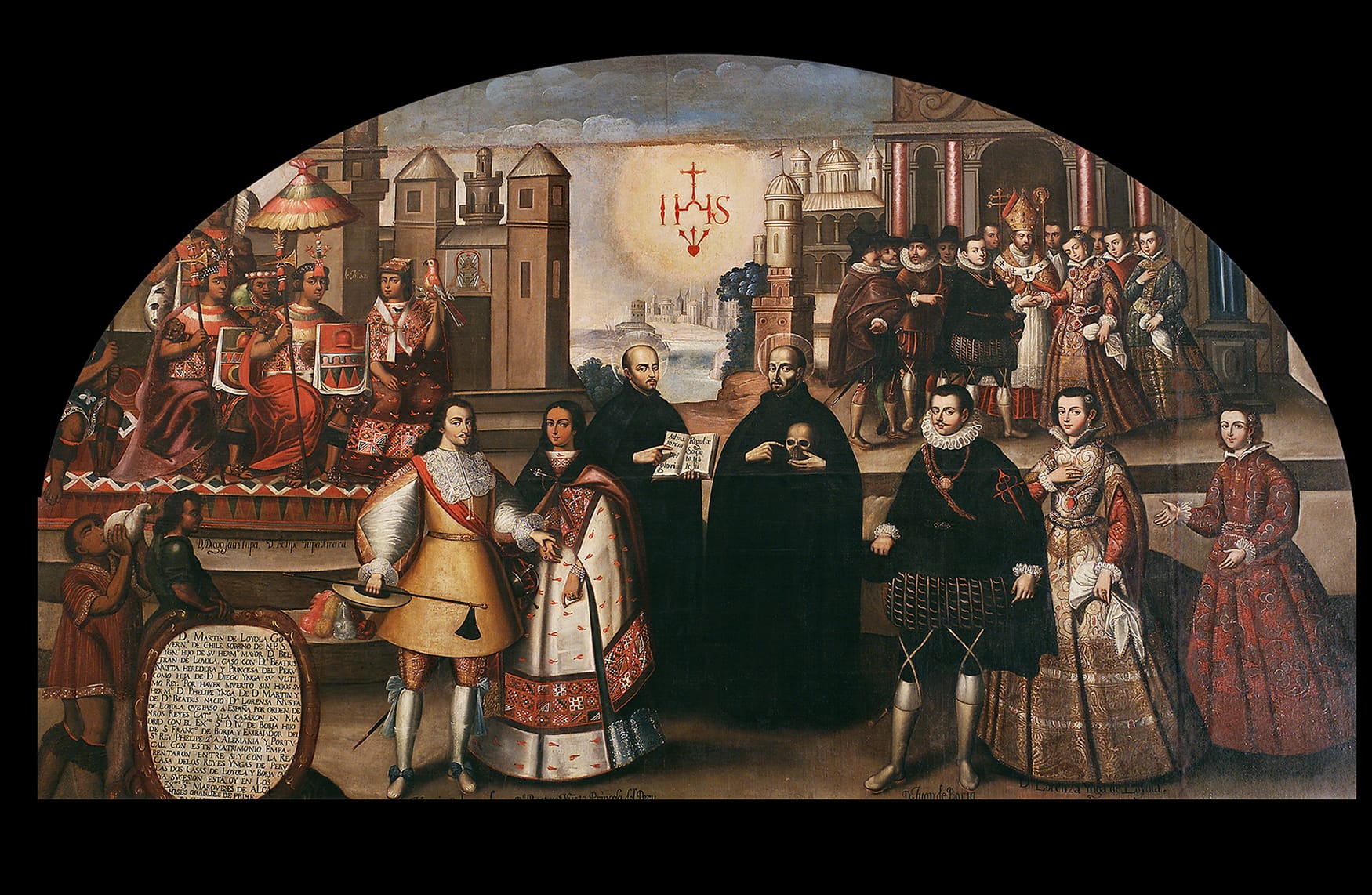
“The contemporary racial narrative is not history; it is retrospective propaganda”—Fr. Javier Olivera Ravasi, SE
“The Iberian world was, in many respects, radically innovative for its time:
it created laws to protect Indigenous peoples when other empires did not even recognize their humanity.”



